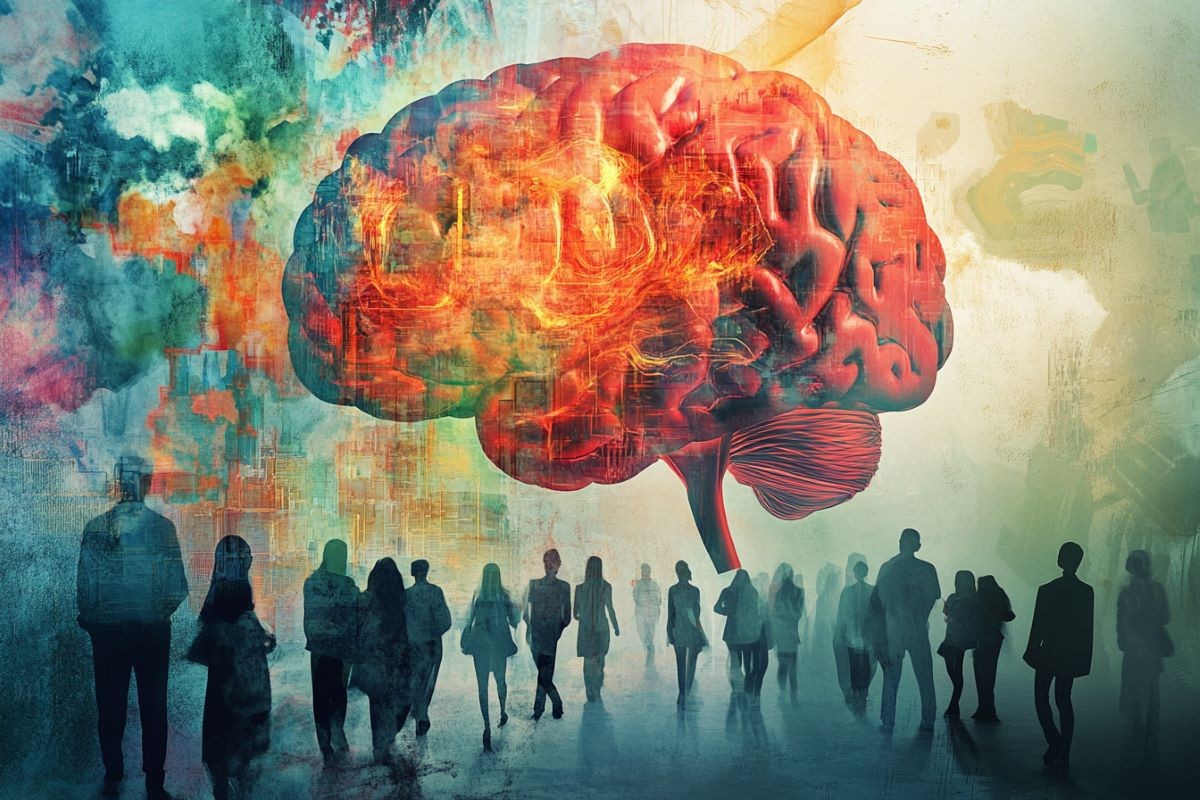
A groundbreaking study from USC has revealed that painful experiences of social rejection may actually help our brains become better at building meaningful connections. The research, published in Proceedings of the National Academy of Sciences, offers new insights into the neural mechanisms that guide how we form and maintain social bonds.
The study combined behavioral experiments, brain imaging, and computational modeling to examine how our brains process both social acceptance and rejection. Researchers found that forming social connections relies on two distinct brain functions - learning from positive rewards like smiles or compliments, and tracking how much others value us.
"While we know rejection causes emotional distress, we're now learning it serves as a powerful teaching tool," explains Dr. Leor Hackel, assistant professor of psychology at USC and lead researcher. "These experiences help us understand our place in the social world and identify who we should invest in building relationships with."
To study these brain mechanisms, researchers designed an experiment where college students participated in an economic game while undergoing MRI brain scans. The game simulated social interactions where participants received feedback about whether others chose to interact with them and how highly they were ranked as potential partners.
The brain imaging revealed that different neural pathways activate depending on the type of social feedback received. When processing information about how much others valued them, areas associated with social rejection became active. Meanwhile, experiences of acceptance triggered activity in the ventral striatum - a brain region linked to processing rewards.
"Think of being picked last for a team versus being a strong job candidate who isn't hired due to limited openings," explains study author Begüm Babür. "Our brains process these scenarios differently, even though both involve rejection."
The findings have promising implications for understanding and treating mental health conditions that affect social connections. People with social anxiety may struggle to recognize when others value them, while those with depression may have difficulty feeling motivated by social rewards.
By illuminating how our brains learn from both positive and negative social experiences, this research opens new avenues for helping people build healthier relationships and stronger social networks. The study suggests that even painful rejections can ultimately help us become more skilled at navigating future social interactions.